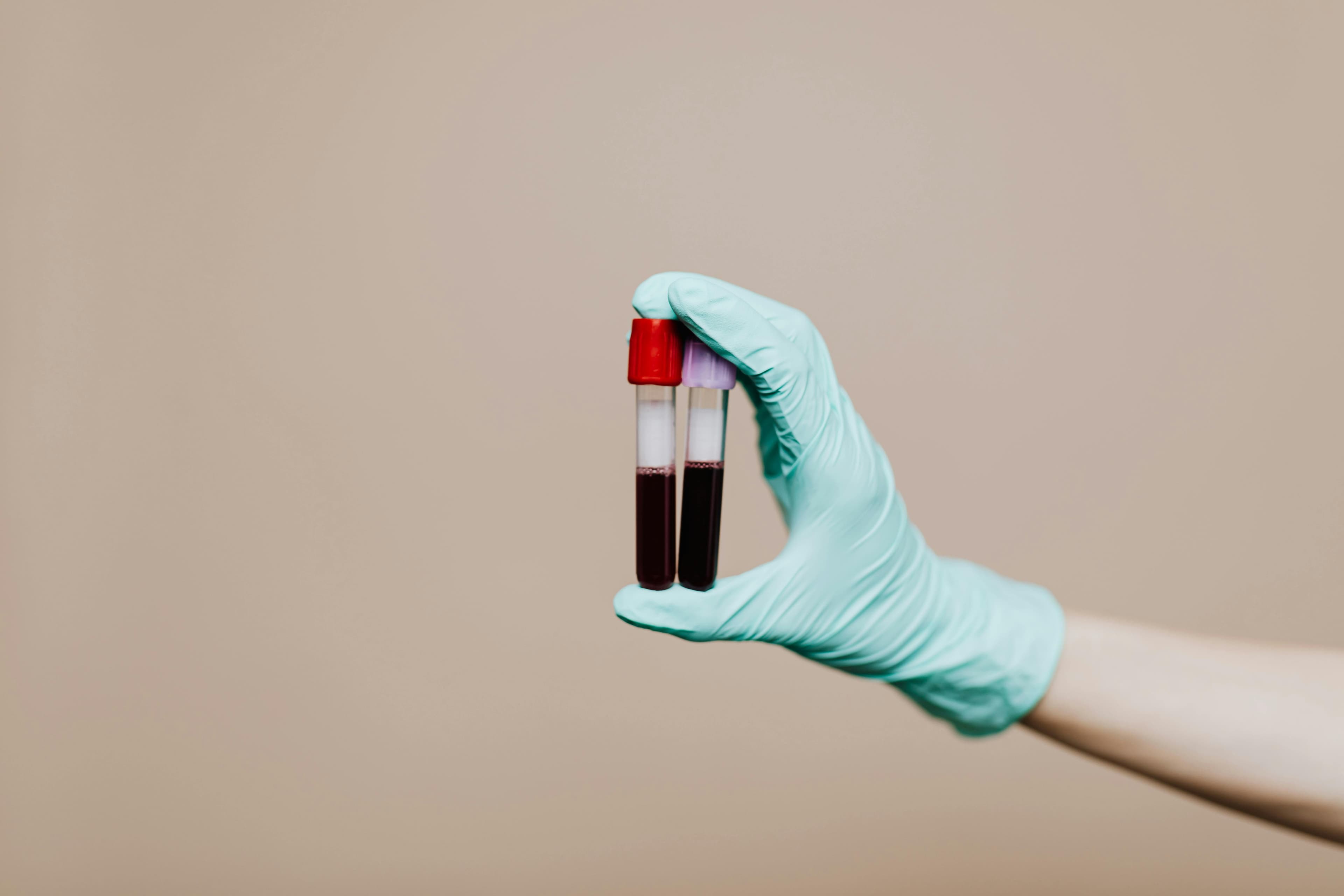## Biomarkers of Health: A Comprehensive Guide to Interpreting Blood Tests and Preventive Monitoring of Metabolic Health
Welcome to our latest blog post where we delve into the fascinating world of biomarkers – chemical indicators within our bodies that can provide valuable insights into our health status. In this article, we focus on understanding blood tests and their role in preventive monitoring of metabolic health.
## Understanding Biomarkers and Blood Tests
Biomarkers are substances found in body fluids like blood that can reflect the presence of a certain condition or disease. They serve as valuable tools for healthcare professionals in diagnosing, monitoring, and predicting various health conditions. Regular blood tests, also known as clinical analyses, help in inspecting the levels of these biomarkers, offering crucial information about our metabolic health.
## Examining Common Metabolic Biomarkers
Metabolic health plays a vital role in overall well-being, regulating processes like energy production, nutrient utilization, and waste elimination. Key biomarkers for metabolic health include: - Glucose - Cholesterol - Triglycerides - Insulin - Certain proteins such as C-reactive protein (CRP) and homocysteine
By monitoring these biomarkers through routine blood tests, we can detect potential metabolic issues early on, paving the way for proactive preventive measures.
## Interpreting Test Results and Identifying Risks
Healthcare providers use specific reference ranges for each biomarker to determine if test results are within the normal limits or indicate a potential health concern. For instance: - Elevated levels of glucose may signal an increased risk for diabetes. - High triglycerides may indicate a risk for heart disease. - Elevated CRP levels may suggest inflammation.
By comparing your test results with these reference values, you and your healthcare team can identify areas for improvement and develop tailored strategies for maintaining or improving your metabolic health.

